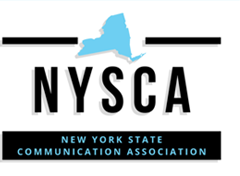Abstract
Celebrities have always capitalized upon various media to give voice and substance to their own mute causes. From Live Aid to PBS fundraisers, they have utilized their public personae to support the downtrodden, sick and underprivileged. However, in December of 2010, when Alicia Keys and over a dozen other celebrities banded together to raise money for World AIDS Day by eradicating their Twitter and other social media profiles, their much-hyped campaign to raise one million dollars fell short of its goal by nearly half. This paper explores the discourses surrounding the Digital Death "Pseudo-Event," and the effects of the disjuncture between the real and digital self when the Celebrity Spectacle is moved from traditional media to the social sphere. Consumer awareness of that gulf ultimately precluded the Digital Death campaign's ability to succeed, not only as a fundraiser, but also as a media spectacle. Ultimately, such revelations point to the inherent natures of social media to promote a certain type of celebrity spectacle that does not conform uniformly to the celebrity of traditional media.
Cover Letter
Recommended Citation
Foxman, Maxwell
(2012)
"Digital Death: The Failures, Struggles and Discourses of the Social Media Spectacle,"
Proceedings of the New York State Communication Association: Vol. 2011, Article 3.
Available at:
https://docs.rwu.edu/nyscaproceedings/vol2011/iss1/3

